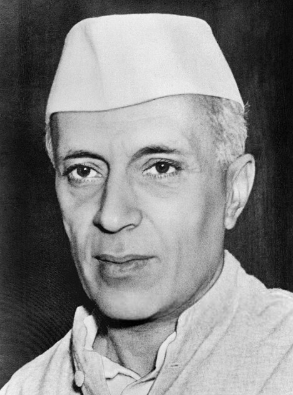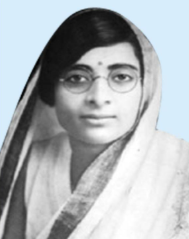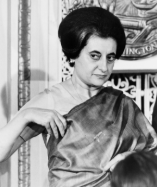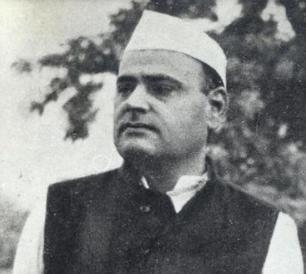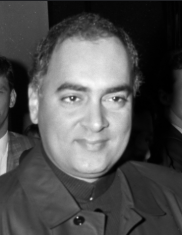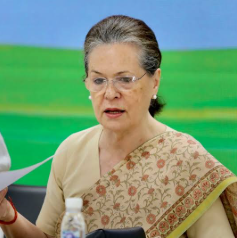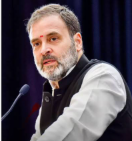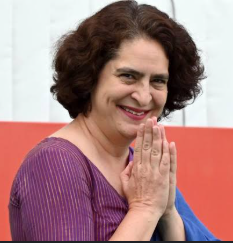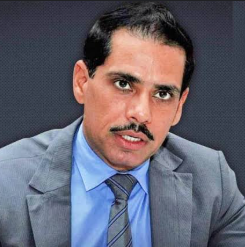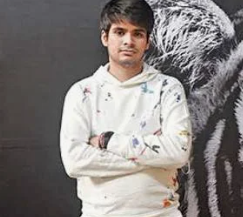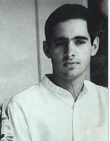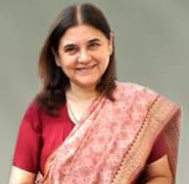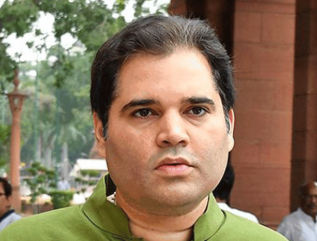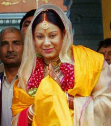Jawaharlal Nehru
Jawaharlal Nehru (14 November 1889 – 27 May 1964) was India’s first Prime Minister and a key leader in the Indian independence movement. A secular humanist and social democrat, he served as PM from 1947 until his death in 1964. Nehru promoted democracy, scientific progress, secularism, and non-alignment during the Cold War. Born in Allahabad to Motilal Nehru, a prominent lawyer and Congress leader, Nehru was educated at Harrow, Cambridge, and the Inner Temple in London. He returned to India as a barrister but soon joined the Indian National Congress and became a close associate of Mahatma Gandhi. As Congress president in 1929, he called for complete independence from British rule. He played a major role in shaping modern India through reforms in education, industry, and foreign policy, and helped found the Non-Aligned Movement. A respected writer, Nehru authored The Discovery of India, An Autobiography, and Letters from a Father to His Daughter. He died in office in 1964, and his birthday is celebrated as Children’s Day in India.
